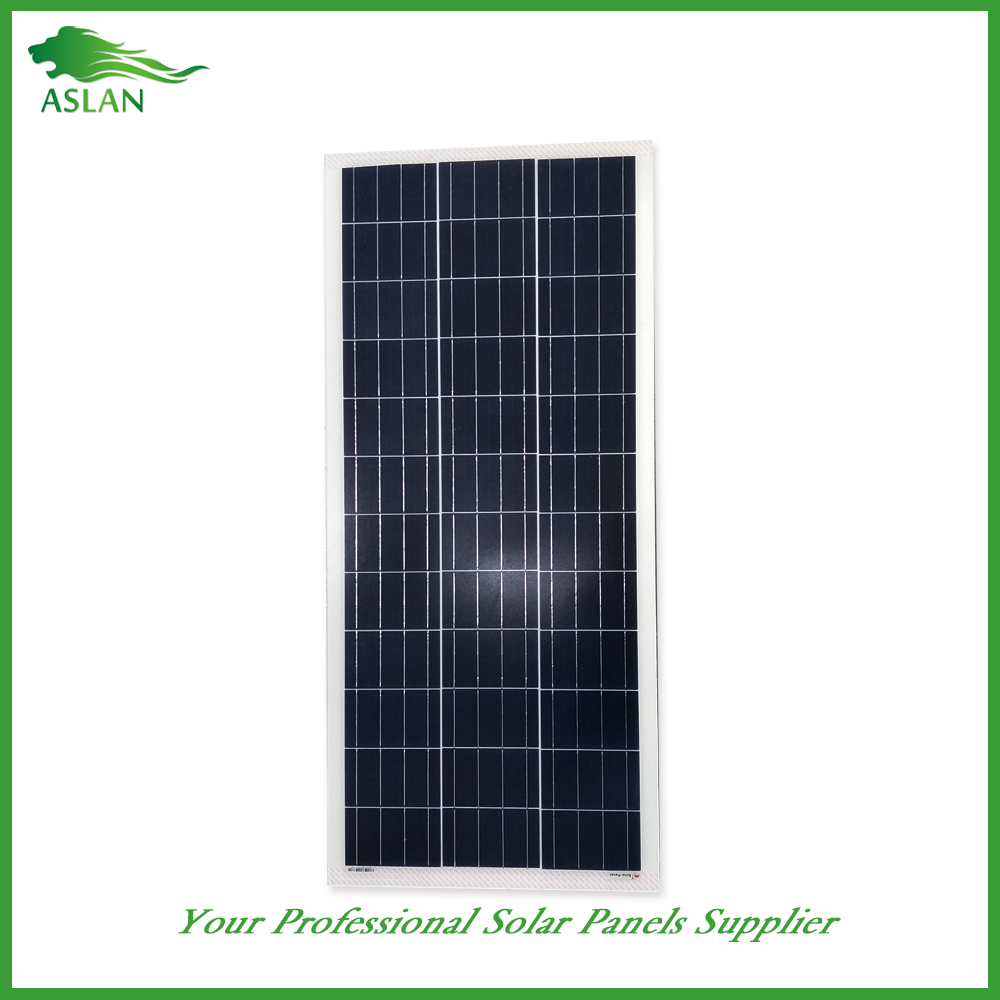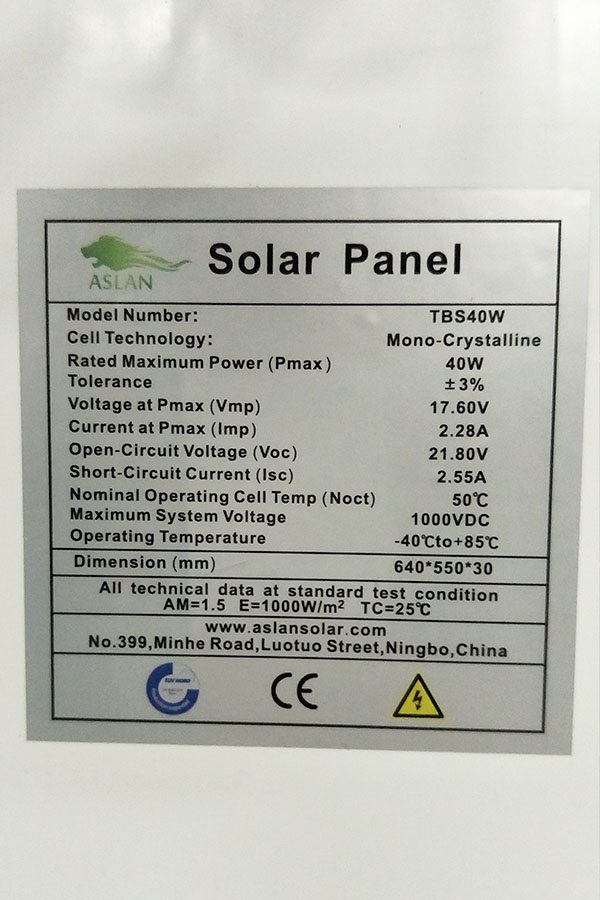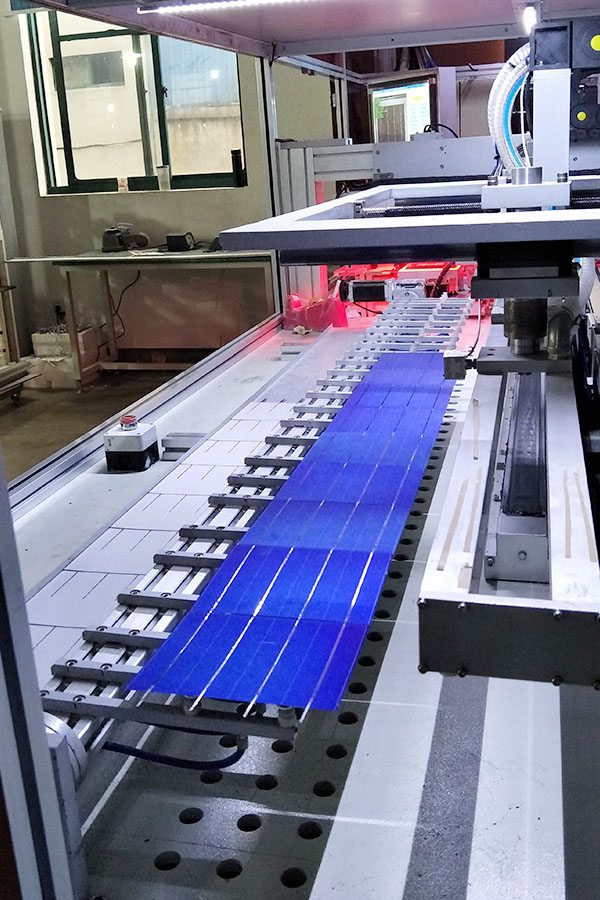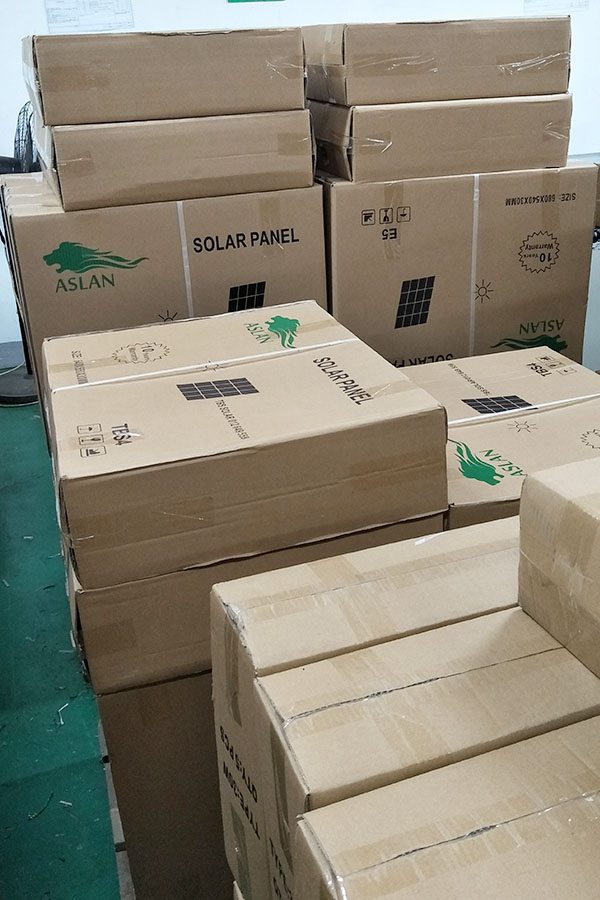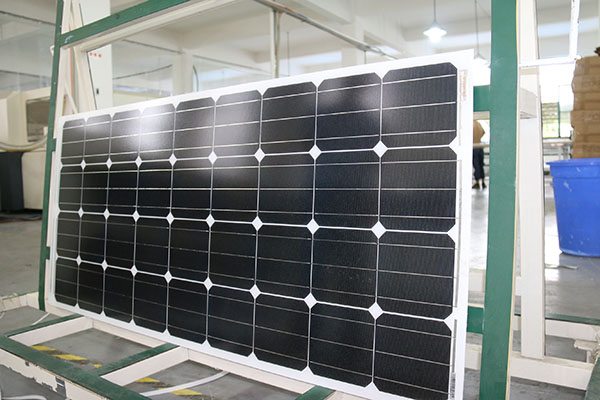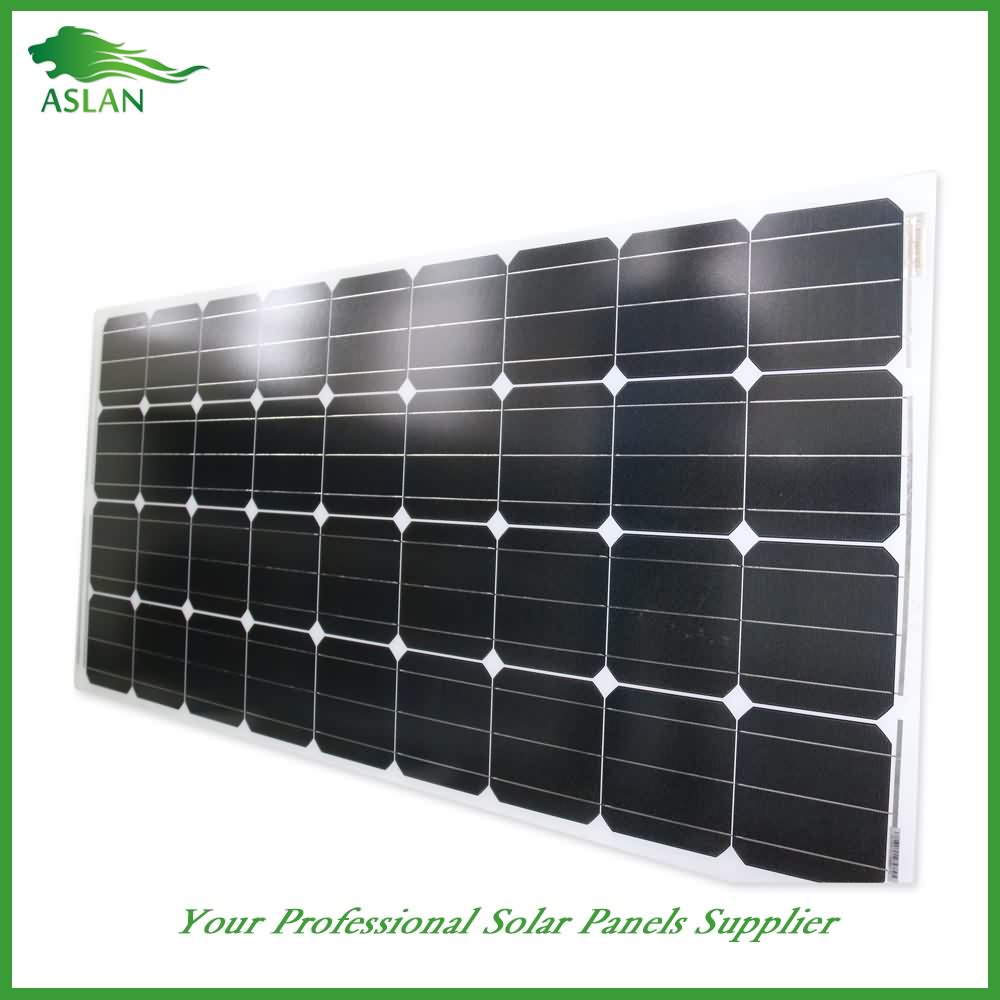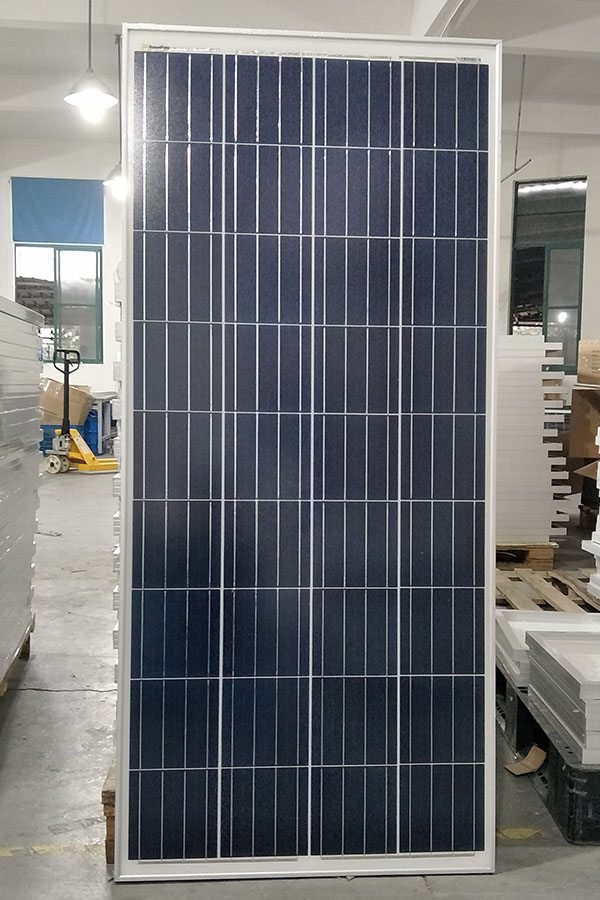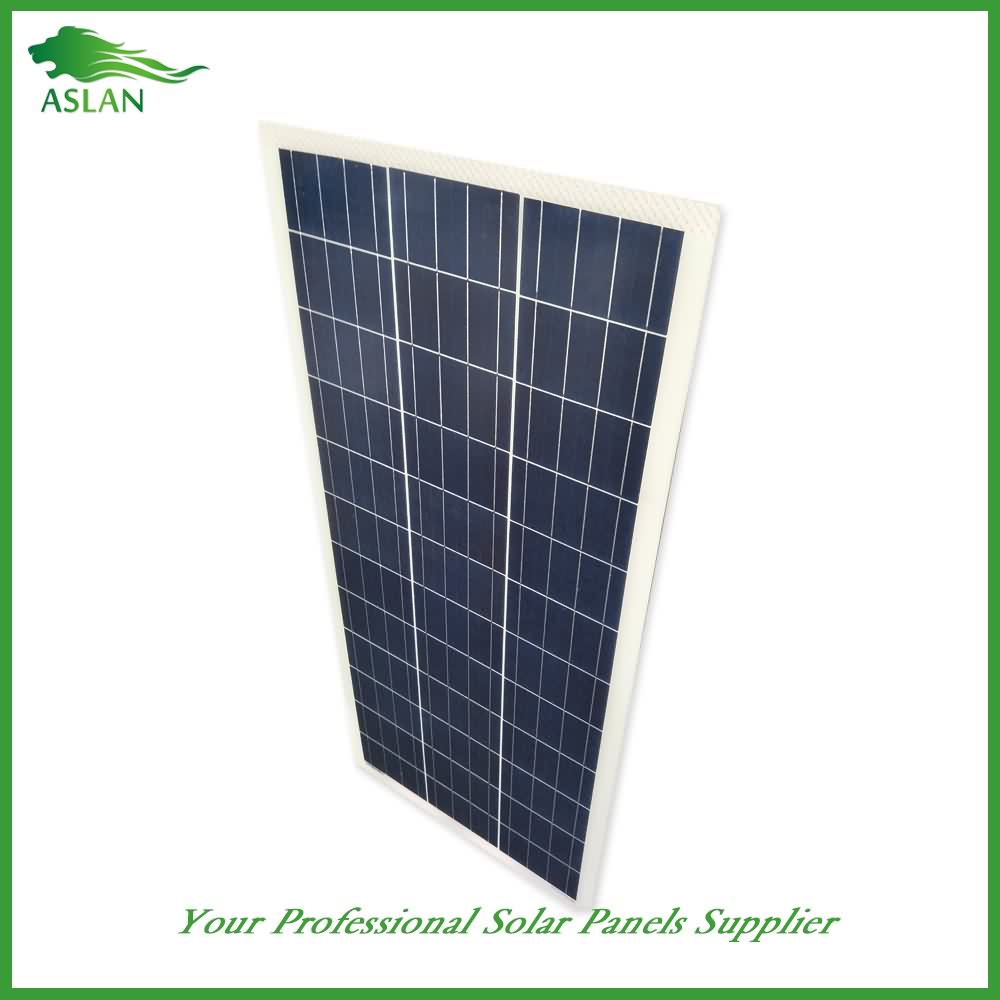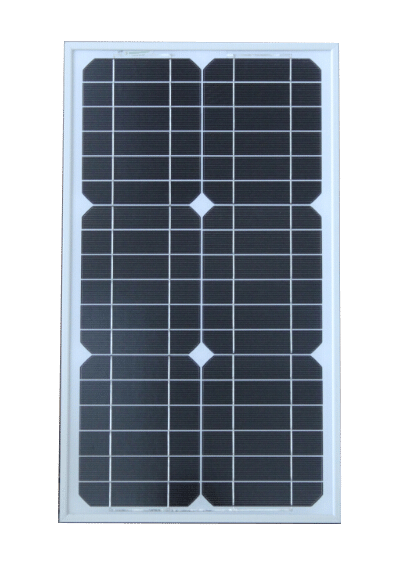23 Years Factory Poly-crystalline Solar Panel 90W for New Zealand Factory
Short Description:
As a result of ours specialty and service consciousness, our company has won a good reputation among customers all over the world for 23 Years Factory Poly-crystalline Solar Panel 90W for New Zealand Factory, For further information, please do not hesitate to contact us. All inquiries from you will be highly appreciated.
Poly-crystalline Solar Panel 90W
Technical parameter
Maximum Power(W) 90W
Optimum Power Voltage(Vmp) 18.33V
Optimum Operating Current(Imp) 4.91A
Open Circuit Voltage(Voc) 21.96V
Short Circuit Current(Isc) 4.89A
Mechanical Characteristics
Cell Type Poly-crystalline 156x104mm (6 inch)
No of Cell 36 (4x9pcs)
Dimensions 1008x678x35mm
Weight 8.0KGS
Front Glass 3.2mm,High Transmission, Low Iron,Tempered Glass
Junction box IP65 Rated
Output Cable TUV 1×4.0mm2/UL12AWG,Length:900mm
Temperature and Coefficients
Operating Temperature(°C): -40°C ~ + 85°C
Maximum System Voltage: 600V(UL)/1000V(IEC) DC
Maximum Rated Current Series: 15A
Temperature Coefficients of Pmax: -0.435%
Temperature Coefficients of Voc: -0.35%
Temperature Coefficients of Isc: 0.043%
Nominal Operationg Cell Temperature (NOCT): 47+/-2°C
Materials of solar panel
1).Solar Cell——Poly-crystalline solar cell 156*104mm
2).Front Glass——-3.2mm, high transmission, low iron, tempered glass
3).EVA——-excellent anti-aging EVA
4).TPT——-TPT hot seal made of flame resistance
5).Frame——anodized aluminum profile
6).Junction Box——-IP65 rated, high quality, with diode protection
Superiority: high quality anodized aluminum frame, high efficiency long life, easy installation, strong wind resistance, strong hail resistance.
Features
1. High cell efficiency with quality silicon materials for long term output stability
2. Strictly quality control ensure the stability and reliability, totally 23 QC procedures
3. High transmittance low iron tempered glass with enhanced stiffness and impact resistance
4. Both Poly-crystalline and Mono-crystalline
5. Excellent performance in harsh weather
6. Outstanding electrical performance under high temperature and low irradiance
Quality assurance testing
Thermal cycling test
Thermal shock test
Thermal/Freezing and high humidity cycling test
Electrical isolation test
Hail impact test
Mechanical, wind and twist loading test
Salt mist test
Light and water-exposure test
Moist carbon dioxide/sulphur dioxide
Installation of rooftop Solar power plant off Grid by RISE Enterprise Solar Energy solutions
www.hournineracecraft.com
Goo-gone can be used to remove my old plastidip. Sure you can purchase the dissolver from Plastidip that is made to eat the dip, but if goo-gone can be used on your factory paint, then I trust that before I trust someone else’s product. I used the spray can plastidip that can be purchased at most hardware stores.To remove it just put the goo-gone on the paint and let it set for 30 seconds. Then use a flat object like a plastic putty knife or plastic razor blade to scrape the loosened plastidip off of the paint without scratching it. Personally I would advise against using a metal razor blade but you can use one with extreme caution. After dealing with plastidip I would highly advise no one to use it. It is more pain in the end than it is worth.
Playlist of similar videos https://www.youtube.com/playlist?list=PLx6QUbIQwCsr6zRY99TgNP-V54Ie6BX7j
Other videos:
Advanced Relay Tutorial: Turn Signal Integrated Parking Lights (Example 4) https://www.youtube.com/watch?v=tRNChnrq3ys
3-Point Strut Brace Installation https://www.youtube.com/watch?v=bYe0n5F7jJc
GTFour Conversion https://www.youtube.com/watch?v=Ta0sJxvhp54
Reset Toyota Maintenance Light https://www.youtube.com/watch?v=-2kBcAzKjPA
EMS Tuning Walkthrough playlist:
